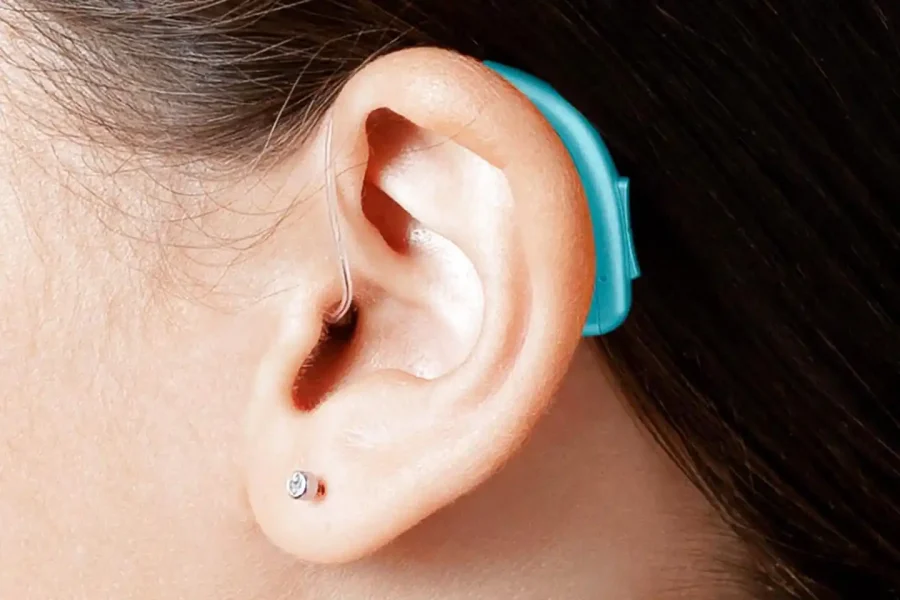Should Hearing Aids Be Sold Over the Counter? The FDA Thinks So
In mid-October, The Food and Drug Administration (FDA) proposed a new rule that would allow people over the age of eighteen to purchase hearing aids without requiring a fitting or a medical exam. This provides individuals suffering from mild to moderate hearing loss with many options that were previously unavailable to them. For these people, their level of hearing impairment is significant enough to be an inconvenience but not necessarily an impairment.
Specifically, the proposed ruling is meant to address barriers to hearing aid use, including:
- Cost
- Accessibility
- Social Stigma of Hearing Loss
- Perceived Value of Hearing Aids
- Regulatory compliance.
Through the ruling, the FDA aims to establish a new regulatory category, with guidelines around features such as distortion control, self-generated noise, frequency range, insertion length, and so on. More importantly, the guidelines seek to firmly draw a line between hearing assistance devices and Personal Sound Amplification Devices (PSAPs).
Intended primarily for recreational use, PSAPs amplify all sound in the environment rather than targeting a single frequency. Although they can feasibly be helpful in extremely mild cases of hearing impairment, that is not their intended purpose. They just amplify sound — that's it.
Over-the-counter (OTC) hearing aids will be established as their own unique product category under the FDA's new guidelines, providing a sort of 'midpoint' between PSAPs and medically-prescribed hearing assistance devices. Although OTC hearing aids will generally offer the same basic functionality as their medical brethren, they'll distinguish themselves in a few ways.
These include:
- Fit. OTC hearing aids will either be one-size-fits-all or else feature a selection of pre-sized options.
- Cost. An OTC hearing aid will likely be less expensive than a comparable device prescribed by an audiologist.
- Feature set. Although we have yet to see hearing aids specifically manufactured for OTC use, their proliferation seems likely when the guidelines officially pass. We can only guess what kind of user experience these consumer-level devices will offer, but it will likely be different from what you'd get with a prescribed assistance device.
For many people struggling with hearing impairment, hearing aids immensely improve their quality of life. However, access to the technology has traditionally been somewhat restricted. The FDA's new guidelines seek to address this.
On the one hand, this is a significant step in the right direction where accessibility is concerned. People suffering from mild to moderate hearing loss may not necessarily have the funds for a medical hearing aid. On the other hand, for individuals with more severe forms of hearing impairment, the regulation changes little.
An audiology exam will still remain the best way of diagnosing hearing loss. And a custom-fitted, custom-tuned hearing aid will invariably perform better than one purchased over the counter.
About the Author:
Pauline Dinnauer is the VP of Audiological Care at Connect Hearing, which provides industry-leading hearing loss, hearing testing, and hearing aid consultation across the US.

